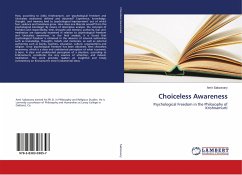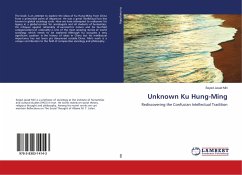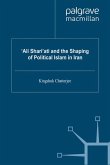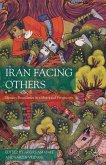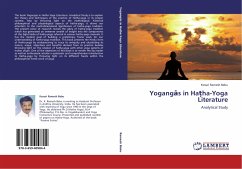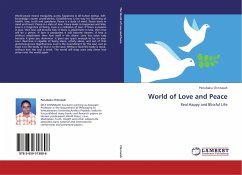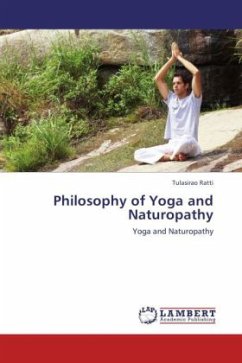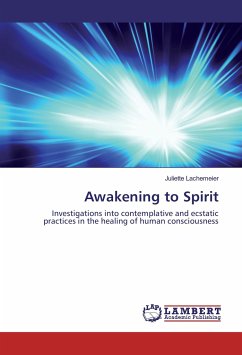How, according to Jiddu Krishnamurti, are 'psychological freedom' and 'choiceless awareness' defined and obtained? Experience, knowledge, thought, and memory lead to 'psychological imprisonment' out of which fear, violence and loneliness grow. How does one liberate oneself from this psychological bondage? By means of descriptive analysis, the concepts of freedom and responsibility, time, thought and memory, authority, fear and meditation are rigorously examined in relation to 'psychological freedom' and 'choiceless awareness.' In the final analysis, it is found that 'psychological freedom' is obtained in the absence of internal authorities such as knowledge, thoughts, beliefs and memories, as well as external authorities such as books, teachers, education, culture, organizations and religion. Once 'psychological freedom' has been obtained, then choiceless awareness, which is a clear and undistorted perception of what is present, is born. A clear and undistorted perception of a situation, according to Krishnamurti, constitutes the very essence of attention, and indeed, meditation. This work provides readers an insightful and timely commentary on Krisnamurti's most fundamental ideas.
Bitte wählen Sie Ihr Anliegen aus.
Rechnungen
Retourenschein anfordern
Bestellstatus
Storno

